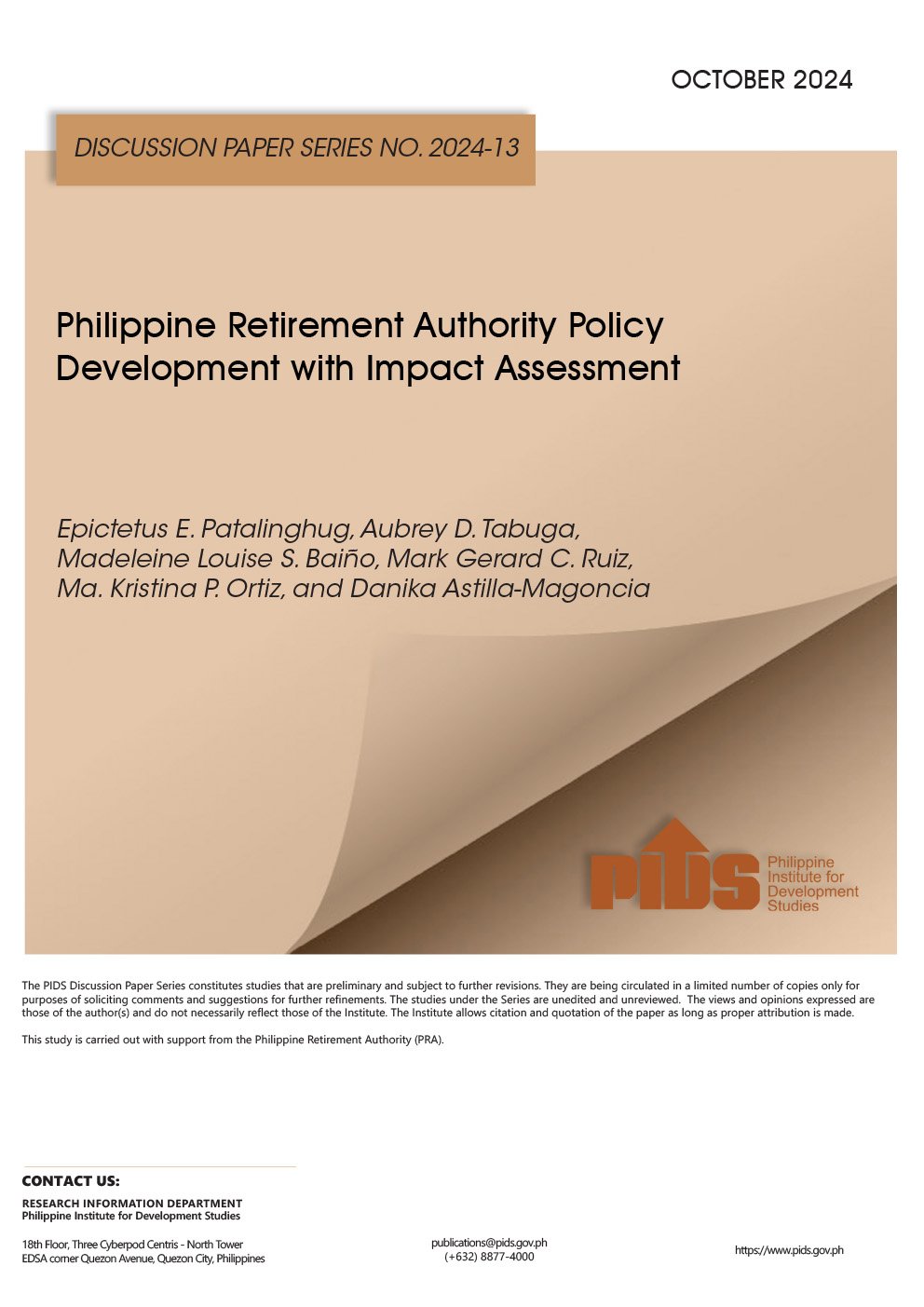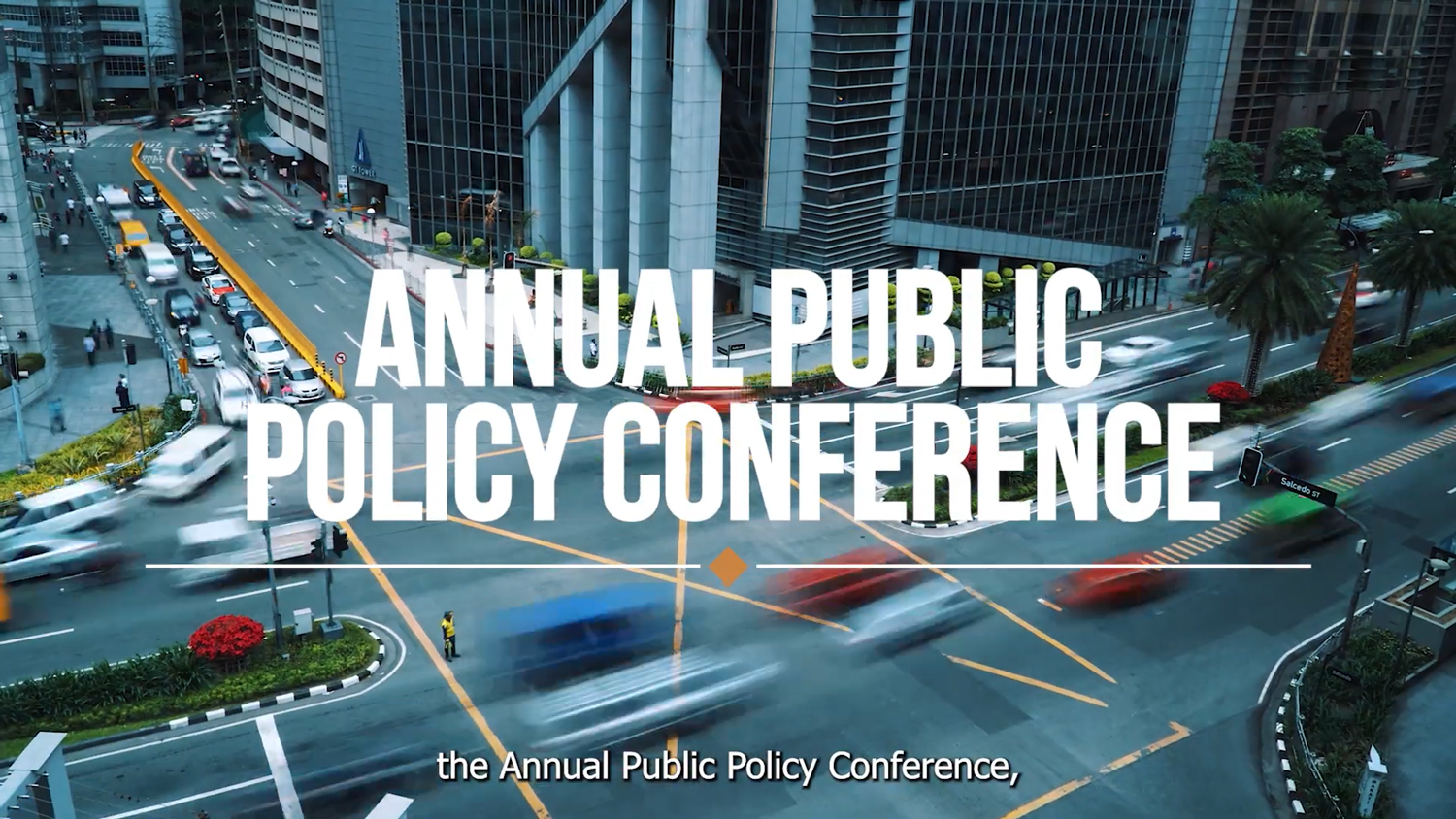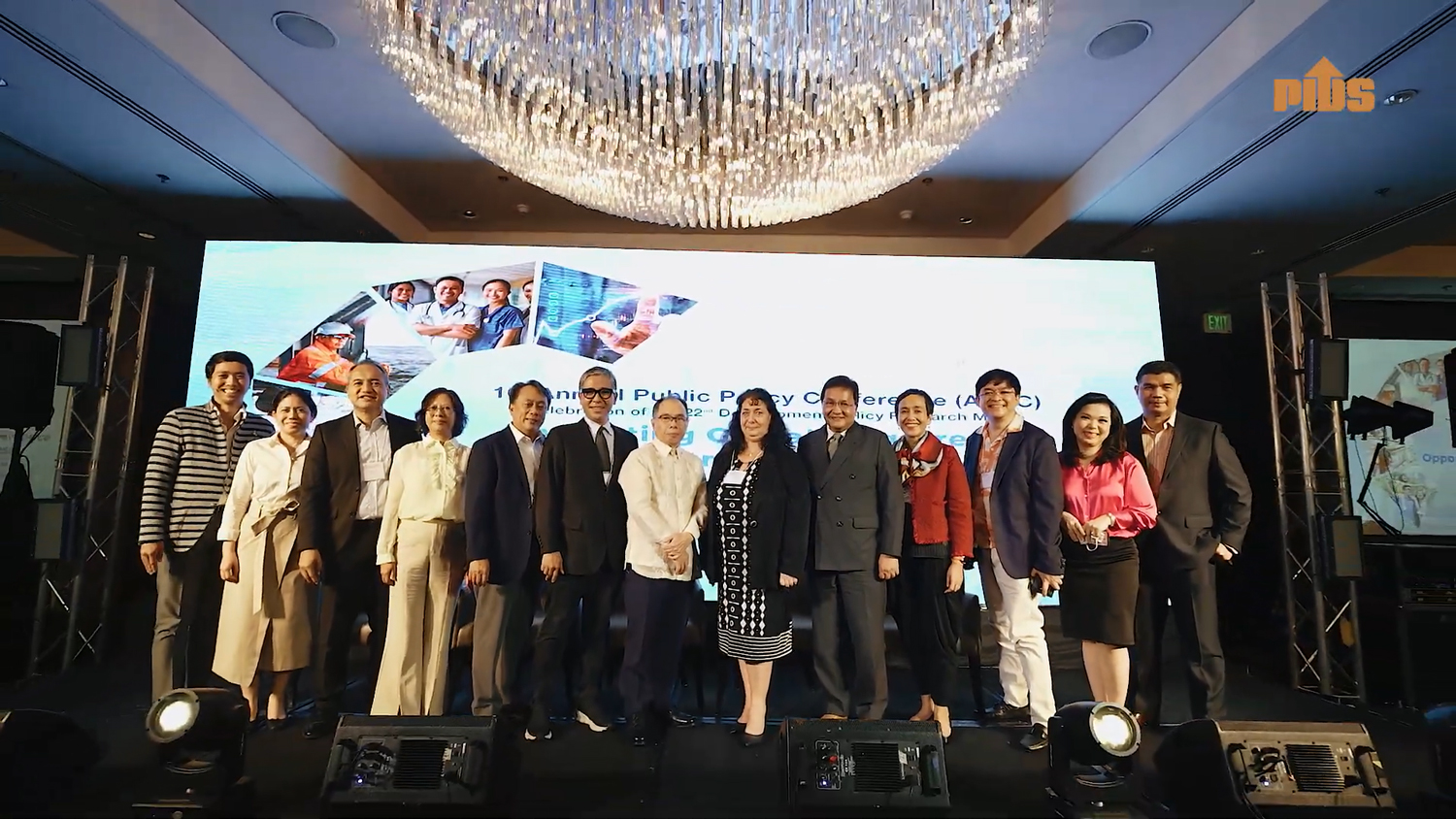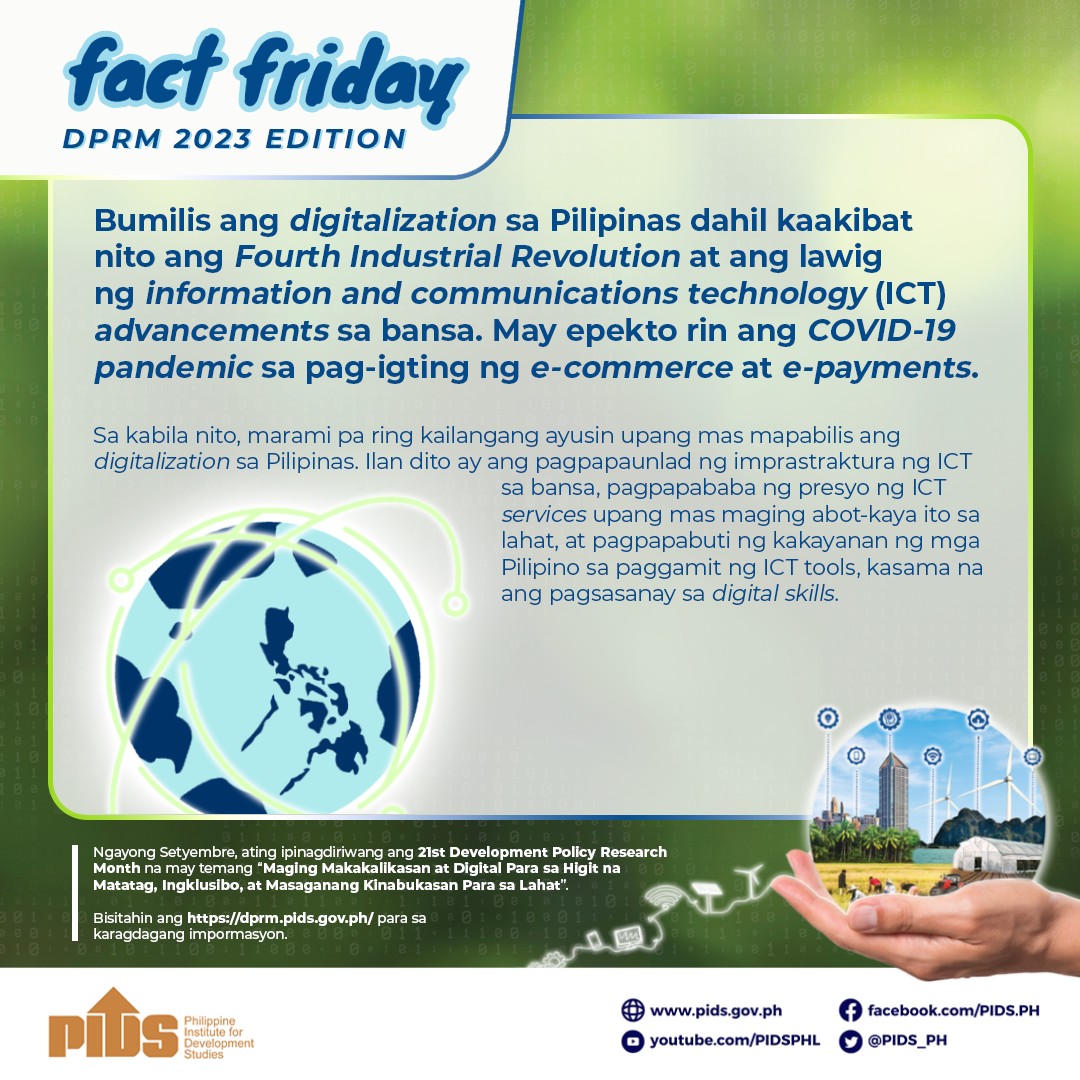Second of two parts
The concept of Extended Producer Responsibility evolve around the Polluter Pays Principle (Organization for Economic Cooperation and Development, 1998). Producers become concerned and responsible in both the creation of their products as well as in the recycling and the disposal of these products. They are expected to be in the best position in recycling and disposing their products since they possess relevant and useful information regarding these in the first place (Hotta, Bengtsson, Kojima, and Mori, 2009). Further, the Polluter Pays Principle aims at ensuring that the cost of environmental control fall in the first place on the polluter, thereby ensuring that market forces take these costs into account and that resources would be allocated accordingly in production and consumption (Philippine Institute for Development Studies, 2001).
The Polluter Pays Principle is the commonly accepted practice that those who produce pollution should bear the costs of managing it to prevent damage to human health or the environment. The principle is embodied in the idea that environmental externalities should be internalized by those who cause them. By internalizing the cost of pollution, firms shall minimize the generation of pollutants and/or provide treatment for the pollution generated.
For instance, a factory that produces a potentially poisonous substance as a by-product of its activities is usually held responsible for its safe disposal. This principle underpins most of the regulation of pollution affecting land, water and air. The Polluter Pays Principle is part of a set of broader principles to guide sustainable development worldwide (The London School of Economics and Political Science, 2018).
In the recent United Nations General Assembly last May 2018, a resolution that aims to establish an ad hoc open-ended working group to consider a technical and evidence-based report—to be submitted by the secretary general during United Nations General Assembly’s 73rd session this September, and discuss possible options to address possible gaps in international environmental law and environment-related instruments, was approved to support the proposed Global Pact for the Environment.
It envisions to address many of the gaps in existing international environmental governance by becoming the “Third Document” that would complement the existing legal framework of the two international Covenants adopted in 1966 by the UN General Assembly, one related to civil and political rights and the other to economic, social, and cultural rights. The proposed Global Pact for the Environment is an effort to towards an international recognition of the third generation of fundamental rights, that is, the rights associated with the protection of the environment (Federigan, 2018).
The Polluter Pays Principle is enshrined under Article 8 of the proposed document, to wit: “Parties shall ensure that prevention, mitigation, and remediation costs for pollution, and other environmental disruptions and degradation are, to the greatest possible extent, borne [assume]by their originator [producer].”
Alignment with Agenda 2030 on Sustainable Development The Extended Producer Responsibility is aligned with the Agenda 2030 on Sustainable Development (also known as the 17 Sustainable Development Goals). It is specifically aligned with Sustainable Development Goal No. 12—Responsible Consumption and Production—whose targets include: (a) achieve the sustainable management and efficient use of natural resources; (b) achieve the environmentally sound management of chemicals and all wastes throughout their life cycle, in accordance with agreed international frameworks, and significantly reduce their release to air, water, and soil in order to minimize their adverse impacts on human health and the environment; (c) substantially reduce waste generation through prevention, reduction, recycling and reuse; (d) encourage companies, especially large and transnational companies, to adopt sustainable practices and to integrate sustainability information into their reporting cycle; (e) promote public procurement practices that are sustainable, in accordance with national policies and priorities; and (f) ensure that people everywhere have the relevant information and awareness for sustainable development and lifestyles in harmony with nature.
Moving forward
As You Sow, a non-profit shareholder advocacy group that pushes companies to act responsibly, organized a group of 25 investors who are managing more than $1 trillion in assets to demand Nestle, PepsiCo, Procter and Gamble, and Unilever to disclose their annual plastic packaging use, set plastic use reduction goals, facilitate recycling and transition to recyclable, reusable or compostable packaging as much as possible (Emily Chasan, 2018).
Here, in the latest data released by GAIA, Mother Earth Foundation, and Break Free from Plastic and that during the consolidated Waste Assessment and Brand Audit (WABA) conducted in several Philippine cities, the income of the Top 10 corporations producing plastic waste have reached P1.16 trillion compared to only P3.87 billion budget on waste management of the 17 local government units of Metro Manila. Leading the top corporations are Procter and Gamble, Unilever, Nestle, Colgate-Palmolive, and Coca-Cola.
Producers are well positioned (financially) to help us move beyond our current state on plastic waste. People are already innovating toward solutions that focus on reusing and reducing their plastic wastes. It’s time to accelerate this process and move beyond half measures and baby steps. Corporations are safe when they can tell us to simply recycle away their pollution.
But we shouldn’t buy that any more. This is their (producers) crisis to tackle. We will continue to do our part but it’s time for these corporations to do theirs. The good news is that we are at a turning point. People and businesses are waking up to the dangers created by our plastic waste. Now we must demand an era that prioritizes people and planet over profit and convenience.
We need corporations—businesses and producers—to step up and show real accountability.
Corporations—businesses and producers—should start sharing the responsibility in managing our plastic waste.












